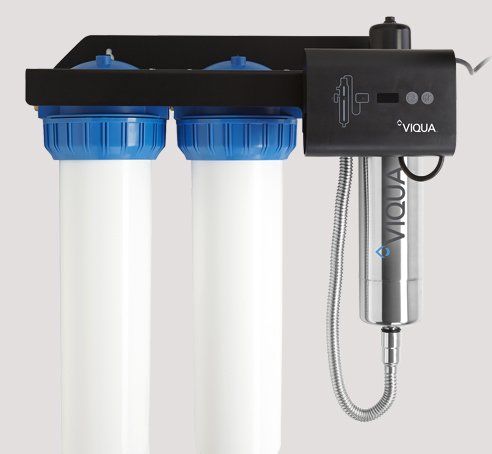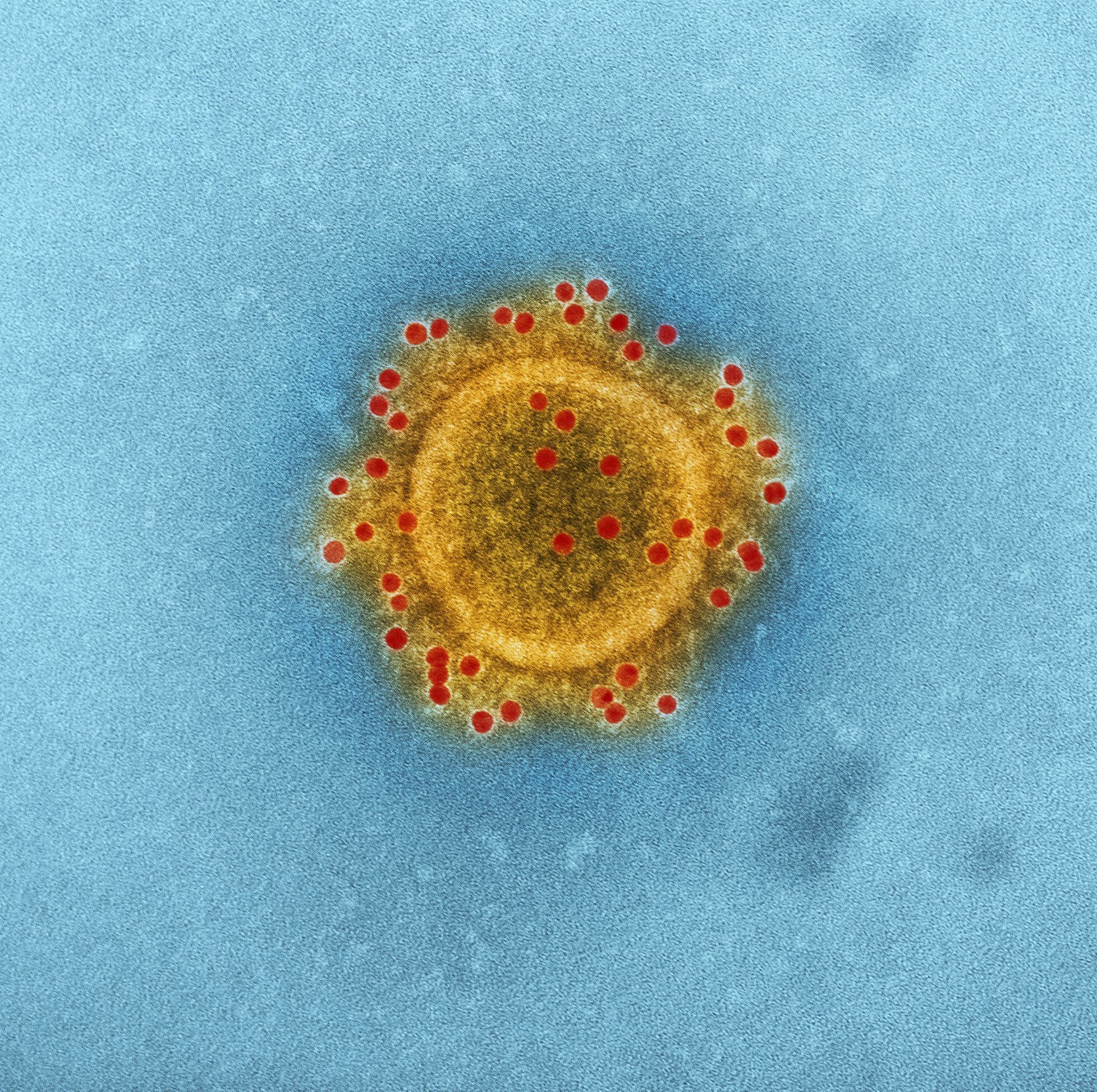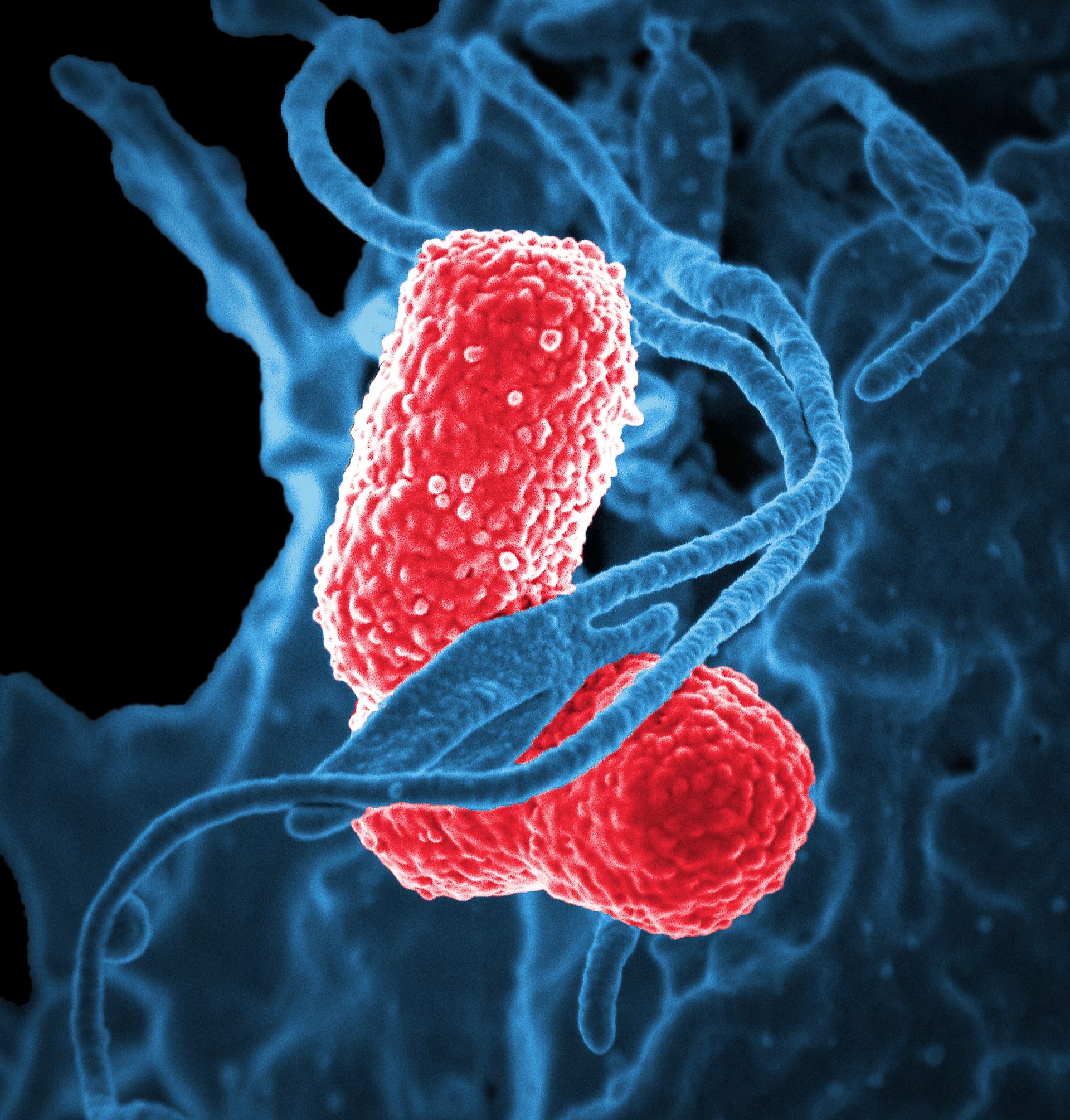Bacteria and Viruses In Your Home Water
Homeowners all across the North East have to deal with bacteria in their water supply. From organic waste to wild life and sewage, rural areas can be subjected to significant bacteria exposure.
Bacteria and Viruses Have Organic Roots
Nearly all bacteria, harmful and otherwise, you find in your drinking water is the byproduct of organic conditions in your local environment. Everything from wildlife decay and droppings, to potential leaking from sewage systems, have a profound effect on the amount and kind of bacteria growing in your local ecosystem.
Although sewage systems are often treated themselves, and are not intended to mix with fresh or municipal water sources, they can present a real danger to other water sources they come close to. Unfortunately, cross contamination is a very real occurrence and it can develop into hazardous water conditions over time.
Bacteria:
Viruses:
The Solution to Viruses and Bacteria: U.V. Light
Not only is U.V. Light one of the most effective forms of purification (killing 99.9% of Bacteria), but it is currently the only solutions for neutralizing bacteria that does not involve introducing additional chemicals into your water supply.
Chlorination is another method that is quite effective, but as mentioned, it requires the use and consumption of chlorine, which will often require and additional method of filtration to remove the chlorine once the bacteria is killed.
We highly recommend and frequently install the Viqua U.V. Light systems for homeowners in our service area. These units run very efficiently and are the best way to eliminate viruses and bacteria in your home's water.
If you're a homeowner in New York or Northern Pennsylvania looking for water treatment options,
contact us today for a hassle free, no pressure estimate.





